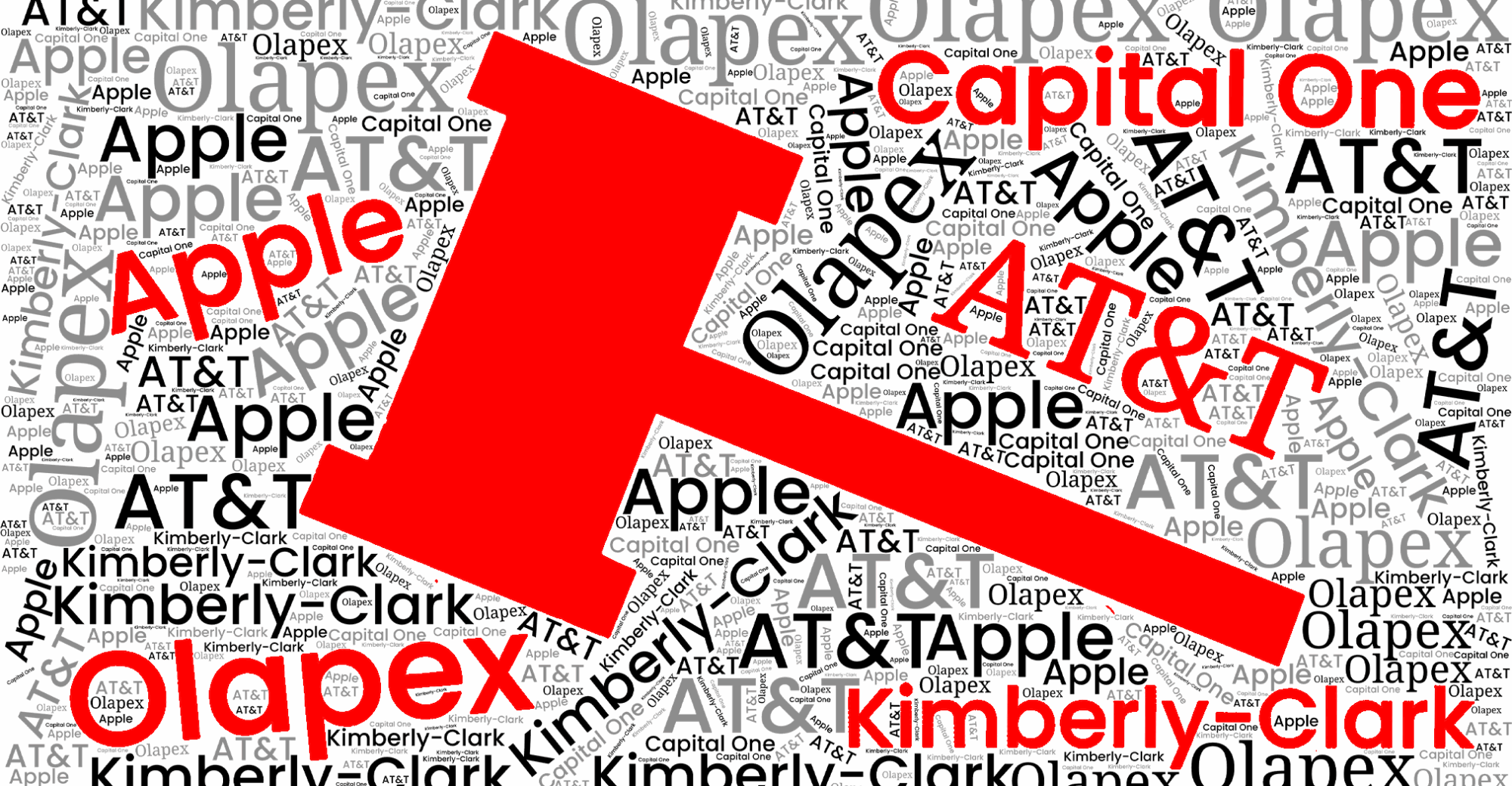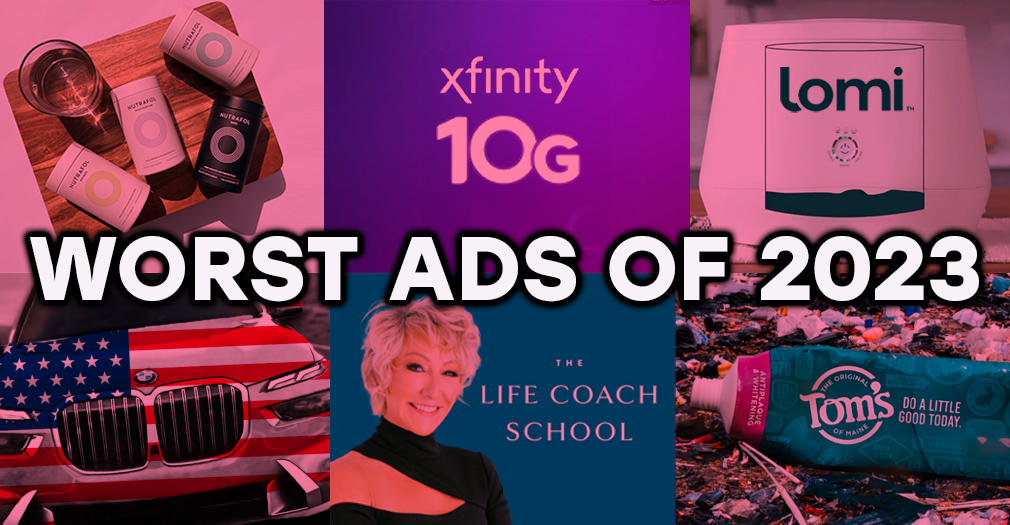
Worst False Ad Settlements of 2025
Some class-action settlements that left consumers out in the cold.
From fairwashing to fragrance, consumers have plenty to watch out for in 2021.
Consumers have a lot to watch out for in terms of deceptive advertising trends in 2021. Here are five TINA.org will be keeping an eye on in the new year. (Not included on the list – but definitely something TINA.org will be monitoring – are scams related to the COVID-19 vaccine rollout, the latest in a series of coronavirus-related frauds.)
A boost in podcast advertising spending
If you subscribed to a podcast in 2020, you weren’t alone. More than one-third of Americans ages 12 and over now listen to podcasts on a regular basis, according to research cited in an Ad Age report released in June titled “Podcasters Are the New Influencers.” But consumers aren’t just listening to the podcasts. “Ninety percent of consumers listen to the ads,” the report said, “while 54 percent said they were more likely to consider buying a product they heard advertised on a podcast,” a reflection of the trust many podcasters have built with audiences. Not surprisingly, advertisers have taken notice: Podcast advertising is projected to top $1 billion this year, according to the report. But if a 2020 TINA.org investigation into comedian Joe Rogan’s highly rated podcast offers any clues as to where some of these ad dollars will be spent, consumers will need to be cautious of marketers making questionable claims for unproven products. A sampling of ads compiled by TINA.org that aired during episodes of “The Joe Rogan Experience” last year included ads for a chewing gum that claimed to enhance cognitive function, an eyewear brand that said its blue light lenses prevent headaches and a drink mix that claimed to “strengthen the immune system” in the middle of a pandemic (not a good combination). In each case, Rogan personally vouched for the product as an actual user.
Deceptive income claims
In the first nine months of 2020, consumers reported losing more than $150 million to income scams, with actual losses likely much higher. That’s according to Andrew Smith, director of the FTC’s Bureau of Consumer Protection. On a conference call with reporters in December following the announcement of a nationwide crackdown on deceptive income claims, Smith said that only a small percentage of fraud victims actually report it. He threw out a number: 5 percent. That would put income scam-related losses incurred in just the first nine months of 2020 at $3 billion. There’s no sign that scammers will let up in 2021. It is inevitable that a number of these income scams will come packaged as business opportunities. Anyone who’s ever been involved in multilevel marketing will be familiar with this term. Multilevel marketing companies or MLMs often lure recruits with promises of earning life-changing income through the company’s “business opportunity,” even as the FTC has said most people who join MLMs make little or no money. With the FTC signaling greater scrutiny of “scams that target consumers with fake promises of income and financial independence that have no basis in reality,” don’t be surprised if an MLM or two draws the FTC’s ire this year, especially after a year in which the FTC sent warning letters to 16 MLMs regarding deceptive COVID-related claims. (Of note, one of the companies targeted in the sweep was a cryptocurrency MLM called Global Trading Club, which the Commodity Futures Trading Commission alleged, among other things, “falsely promised a bonus for referring others, in the form of a multi-level marketing scheme.”)
Fairwashing
Most consumers have probably heard of greenwashing, i.e., when a company claims its product is better for the environment than it actually is. Fewer consumers may be familiar with fairwashing, which occurs when a company says it follows ethical standards related to the treatment of its workers and the communities where products are grown or manufactured when it really doesn’t. Amid a pandemic that has put a spotlight on global supply chains, more consumers may be interested in learning about how the products they buy are actually made, including who makes them. And if it turns out that they are the product of unethical practices like child or slave labor despite representations that they are ethically sourced, expect a surge in class-action lawsuits in 2021. This may also result in an increase in products claiming to be “Made in the USA” that don’t actually meet the FTC’s Made in USA standard.
Fragrance
In September, TINA.org published an article showing how one beauty brand’s toxic sludge is another beauty brand’s potpourri. Among the ingredients that one cosmetic company deemed toxic but another allowed in its products was synthetic fragrance. But as we noted in the post, the difference between natural fragrance and synthetic fragrance is a lot like the difference between natural flavor and synthetic flavor, which is to say, they aren’t very different at all. Natural fragrances are derived from natural sources, whereas synthetic fragrances are created in a lab. But both can consist of more than 100 chemicals, some of which may be synthetic. Trade secret protections enable cosmetic companies and others to list any number of ingredients simply as “fragrance.” Which is why when consumers see “fragrance” on a label, there’s no real way of knowing everything that went into the ingredient, including anything that might be considered toxic. This year, the global fragrance market is projected to top $46 billion, which equates to a whole lot of products whose formulations consumers may know little about.
Investment adviser ads
In December, the SEC voted to allow investment advisers to use testimonials in their ads for the first time – but with certain restrictions. Several of these conditions were suggested in a comment TINA.org submitted to the SEC in February, including ensuring that testimonials featuring compensated clients include explicit disclosures about the endorser’s material connection to the adviser. Even with the restrictions, however, you can rest assured that you’ll be seeing investment adviser ads in the form of customer testimonials in 2021. Heck, they may even pop up in your social media feeds.
Find more of our coverage on deceptive ad trends here.
Some class-action settlements that left consumers out in the cold.
Some of the worst ads TINA.org covered this year.
And the regulatory efforts that seek to curb them.


